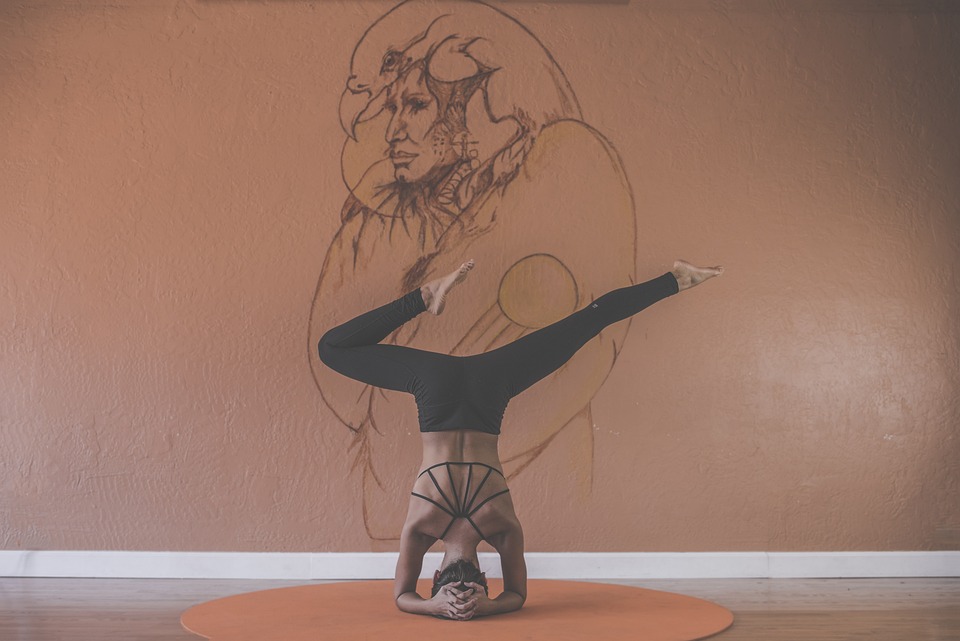The Power of Meditation for Mental Health: A Comprehensive Guide
In a world filled with constant noise and stress, it’s no wonder that more and more people are turning to meditation to improve their mental health. Meditation has been practiced for centuries and has been proven to have numerous benefits for both the mind and body. In this comprehensive guide, we will explore the power of meditation and how it can help you improve your mental health.
What is Meditation?
Meditation is a practice that involves training the mind to focus and become more aware of the present moment. It is often used as a way to reduce stress and anxiety, improve concentration, and promote overall well-being. There are many different forms of meditation, but most involve sitting in a quiet place and focusing on your breath or repeating a mantra.
How Does Meditation Help with Mental Health?
Meditation has been shown to have numerous benefits for mental health. Here are just a few of the ways it can help:
1. Reducing Stress and Anxiety: When we meditate, we focus our attention on the present moment, which can help to reduce feelings of stress and anxiety. Studies have shown that regular meditation can lower levels of cortisol, the hormone associated with stress.
2. Improving Sleep: Sleep problems are often linked to mental health issues such as anxiety and depression. Meditation has been shown to improve sleep quality and help people fall asleep faster.
3. Boosting Mood: Meditation has been shown to increase levels of serotonin and dopamine, the neurotransmitters that are responsible for feelings of happiness and well-being.
4. Improving Focus and Concentration: Meditation can help improve focus and concentration by training the mind to stay present and avoid distractions.
5. Enhancing Self-Awareness: Meditation can help us become more aware of our thoughts and emotions, which can lead to greater self-awareness and self-acceptance.
How to Get Started with Meditation
If you’re new to meditation, it can be helpful to start with just a few minutes a day and gradually increase your practice over time. Here are some tips for getting started:
1. Find a quiet place where you won’t be disturbed.
2. Sit in a comfortable position with your back straight and your hands resting on your knees.
3. Set a timer for the amount of time you want to meditate (start with just a few minutes and work your way up).
4. Focus on your breath, counting each inhale and exhale.
5. If your mind starts to wander, gently bring your attention back to your breath.
6. When the timer goes off, slowly open your eyes and take a few deep breaths.
Conclusion
Meditation is a powerful tool for improving mental health, and it’s something that anyone can do. Whether you’re dealing with stress, anxiety, depression, or just looking to improve your overall well-being, meditation can help. By taking just a few minutes each day to sit quietly and focus on your breath, you can experience the many benefits of this ancient practice. So why not give it a try? Your mind (and body) will thank you.





